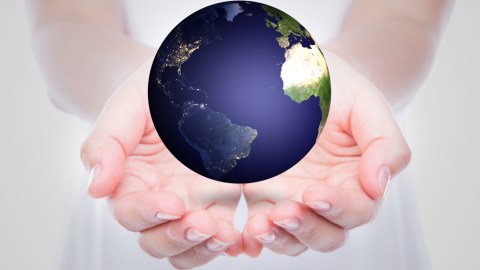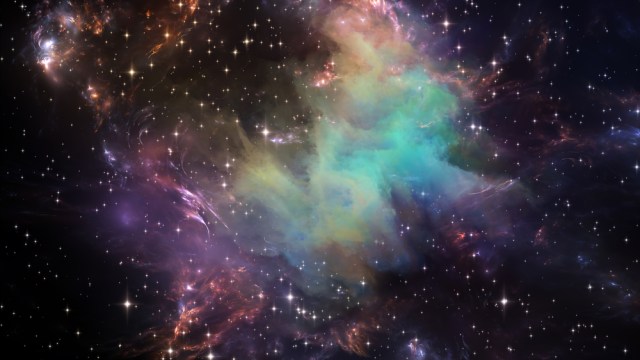Ant Colony Earth: How Humans Became a Super-Organism

What’s the Latest?
Since about 1900, the global population has grown exponentially. As a result, we are less able to live purely as individuals and we increasingly rely on networks–from power grids to government welfare programs to the Internet–to thrive as a species. We have even entered a new geological time period called the Anthropocene, or the age of man. And if we consider the global human society to be a sum of its parts, much the way ants work collectively for the betterment of the entire colony, a startling picture emerges: we use 18 trillion watts of energy at any given time, “9,000 billion cubic meters of water per year, and 40% of global land area for farming.”
What’s the Big Idea?
Thus at a time when we threaten to tip the Earth’s scales, possibly causing irreversible damage to its ecosystem (scientists already fear that by destroying biodiversity we have caused the 6th mass extinction), the actions of a single individual seem more ineffectual than ever. One person deciding to reduce his or her water use or carbon footprint has a negligible impact overall. But as technology enables us to view ourselves through a network of eyes, “in the form of the many powerful satellites and remote cameras that track individual trees in rainforests or reveal the extent of glacial carving,” we may arrive at a more global consciousness and alter the course of human history–purposefully and together.
Read more at BBC Future
Photo credit: Shutterstock





